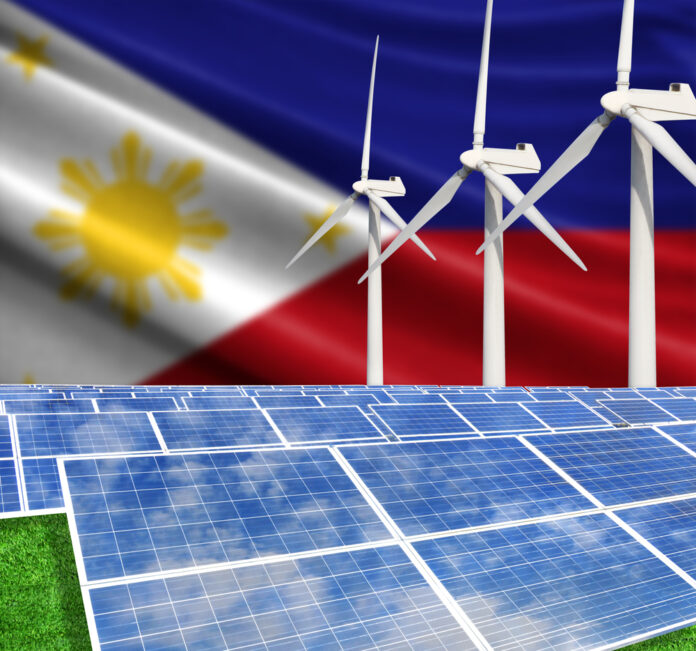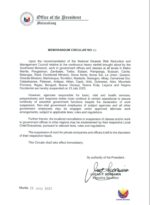In a move signaling strengthened institutional backing for the country’s clean energy program, the Philippine Charity Sweepstakes Office (PCSO) has released ₱57.4 million to the Department of Energy (DOE) to support renewable energy (RE) projects under the Renewable Energy Trust Fund (RETF).
In a statement on Tuesday, the DOE confirmed that the funding represents the PCSO’s mandated contribution for 2023 under the Renewable Energy Act of 2008, which allocates 1.5 percent of the agency’s net annual income to bolster the development and deployment of clean energy technologies nationwide.
DOE undersecretary Rowena Cristina Guevara formally accepted the fund, emphasizing its role in advancing energy innovation and sustainability. “This contribution is not just a financial boost, it’s a step forward in expanding energy access, innovation, and sustainability,” Guevara said.
The funding will support priority RE initiatives, including sustainable aviation fuel production, national renewable energy mapping systems, and market assessments for solar photovoltaic (PV) technologies. The DOE, through the RETF Committee, has been overseeing fund sourcing, allocation, and auditing following the issuance of Department Circular No. DC2022-06-0018.
To ensure that RETF resources are channeled toward high-impact projects, the DOE has also partnered with the Department of Science and Technology (DOST) and its research arm, the Philippine Council for Industry, Energy and Emerging Technology Research and Development (PCIEERD), to co-fund strategic research and development (R&D) efforts.
As of end-May 2025, the country’s on-grid RE capacity—covering hydro, geothermal, wind, biomass, and solar sources—stood at 9,945 megawatts (MW), accounting for 32.1 percent of the country’s total power generation mix of 30,967 MW.
The government is targeting a more aggressive clean energy trajectory, with goals to increase RE’s share in the power mix to 35 percent by 2030 and 50 percent by 2050. The recent PCSO contribution underscores a broader policy shift toward aligning public funding streams with long-term national sustainability and energy resilience goals.







